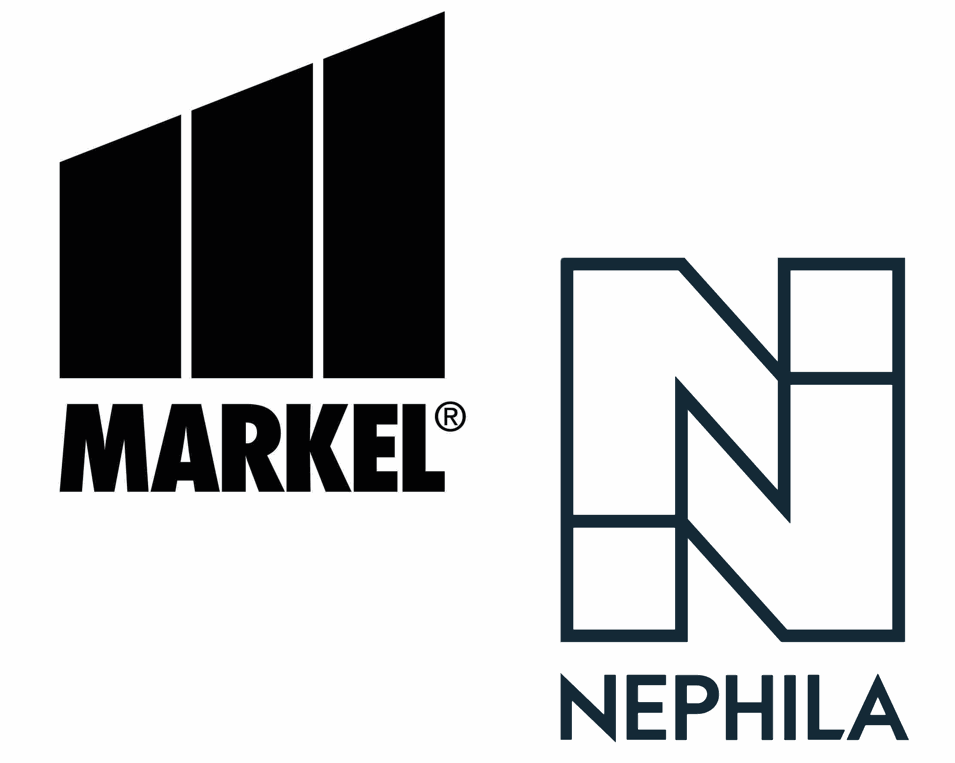Nephila ILS revenues rise on side pocket release, premiums expanding

In the last quarter of record, Nephila Capital unlocked some side pocketed capital and this caused an increase in insurance-linked securities (ILS) revenues reported by parent Markel, while premiums ceded to Nephila’s reinsurers are on the rise, even as assets under management declined further.
For the third-quarter of 2023, Markel has reported that revenues attributed to unconsolidated entities managed by Nephila were $43.6 million, up on the prior year’s $17.1 million.
For the first nine months of 2023, the figure has now reached $74.1 million, again up on last year’s $57 million.
Overall, Markel has reported that its insurance-linked securities (ILS) segment made a net profit of almost $18 million for the third-quarter of 2023, much better than the previous year’s $7 million loss.
For the nine months, it means Markel’s ILS business, which is now Nephila’s ILS fund management operations, delivered it a $15 million net profit.
Key to this performance has been the unlocking of trapped capital related to prior year’s, with Markel reporting that $29.5 million of management fees were recognised in the third-quarter of 2023, after Nephila worked to release capital from side pocket reserves.
Doing so will have unlocked value both for Markel and Nephila, as well as the third-party investors in the ILS structures linked to these side pockets, which will also have enabled some redemptions to occur.
Given the amount of management fees recognised, the sum of the trapped ILS capital released by Nephila must have been significant.
It’s understandable, on that basis, that Nephila Capital’s net assets under management fell in the third-quarter of 2023, to end the period at $6.8 billion, down on the $7.2 billion reported at the middle of this year.
Impressively though, while clearly deployable capital has declined at Nephila over recent years, the investment manager is making greater use of the fronting and leverage it benefits from via its parent Markel, with premiums ceded to Nephila’s range of reinsurance vehicles still rising.
For the third-quarter, in Markel’s program services and fronting segment, gross and ceded written premiums attributable to Nephila programs reached $501.8 million for Q3 2023, up on the previous year’s $398.8 million.
For the first nine months of 2023, the premiums ceded to Nephila reinsurance vehicles, through Markel’s programs and fronted business, has now reached almost $1.04 billion, up again on the previous years nearly $890 million.
Markel also cedes a portion of its property business to Nephila’s reinsurance vehicles through a quota share arrangement. This came in at just over $10 million in premium ceded in the third-quarter of 2023, which was down slightly on the prior year’s $15 million and perhaps reflects Markel’s own appetite having declined for property reinsurance more than anything else.
Year-to-date, premiums ceded to Nephila Capital through that quota share reinsurance arrangement are nearing $40 million, again slightly below last year’s $44.6 million.
Markel noted that, “The increase in gross premium volume in our other fronting operations for the quarter and nine months ended September 30, 2023 was driven by expansion of our property catastrophe programs with Nephila Reinsurers and achieving more favorable rates on this business, as well as growth from a new specialty program with Nephila Reinsurers.”
The growth in premiums, while AUM remains lower than before, shows that Nephila is benefiting from being part of the Markel group, making use of its fronting and the leverage that provides.
In fact, we’re told that while Nephila’s AUM is down, the firm’s footprint in the market remains significant, as the new structure of its routes to reinsurance premium are enabling it to remain a very relevant catastrophe risk investment manager even with less headline capital managed.
Separately, the unlocking of and return of more trapped collateral and capital also bodes well for reducing legacy exposure at Nephila, better positioning the fund manager for the future.






